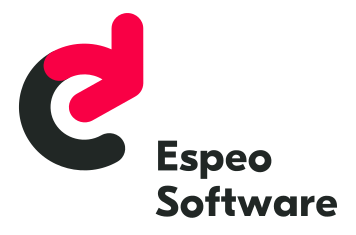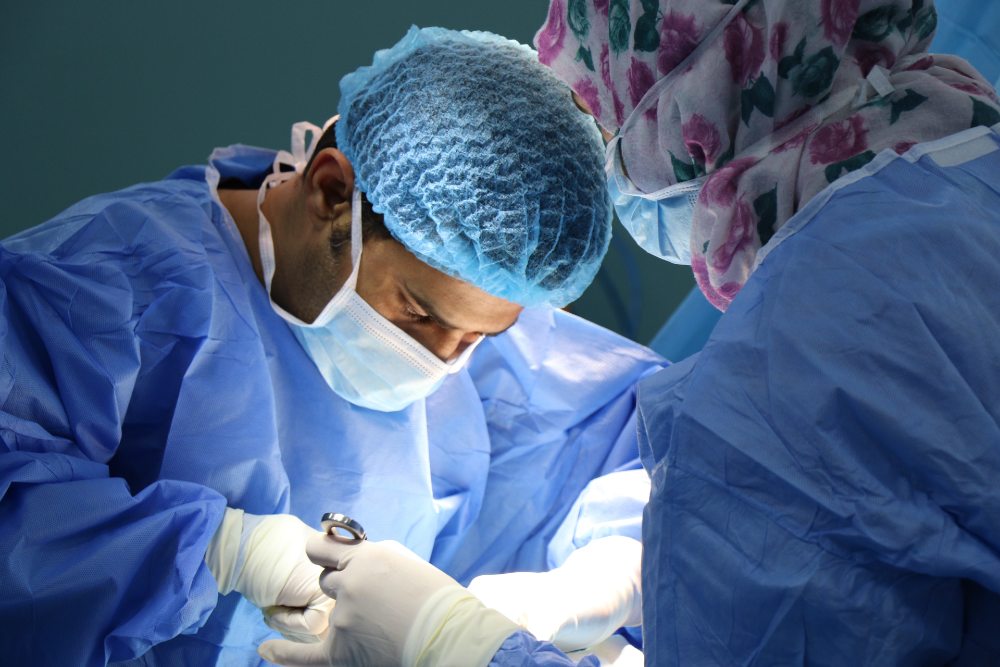Think medical tourism hotspots and Central America and Southeast Asia come to mind. Costa Rica, Thailand, Malaysia, and Singapore regularly rank among the top destinations for people seeking healthcare abroad. These countries have successfully marketed themselves as medical tourism destinations for decades and have built up a global reputation. This success has attracted competitors. Middle Eastern countries such as Jordan, Egypt, and the United Arab Emirates are tapping into the $60 billion-a-year medical tourism industry.
With ambitious plans to overhaul its healthcare system, the UAE began aggressively positioning as a healthcare destination a decade ago. Ten years on, brand new medical facilities and global specialists attract an increasing stream of medical tourists. AI, blockchain, and IoMT play a large role in this plan, but just how this new tech will expand medical tourism in the UAE is often vague. In this post, I’d like to suggest ways these technologies might take the UAE’s medical tourism sector to new heights.
UAE medical tourism
Motivation to travel for healthcare services varies. Rising costs and increasingly strained domestic health systems spur many to cross borders for better, more cost-effective care. Countries that attract global specialists and equip them with the latest technology can gain a competitive advantage and benefit from the growing trend. The Emirati strategy for the past ten years has been to attract high net worth individuals from neighboring Gulf states as well as countries further afield — especially China and Russia. Khaleej Times reports that 37 percent of medical tourists came from Asia, 31 percent came from other GCC countries, and 15 percent came from Europe. Medical tourists from these regions come to the UAE seeking better specialist care than what’s available in their home countries. Geography also plays a role. Convenient air links are yet another favorable aspect and part of the desert nation’s holistic plan. Dubai’s two airports and Abu Dhabi’s international hub puts the UAE within an eight-hour flight of their target markets.
Investment in new medical facilities is helping to grow the UAE’s standing. Dubai’s Healthcare City is one example of a larger initiative to achieve these ambitious goals. The world’s largest healthcare “free zone” is a magnet for both specialists and patients from across the world. As an internationally-recognized center for healthcare, Dubai Healthcare City is a robust public/private partnership unique in the region. Part of what fuels this medical tourism push is innovative technological solutions that help healthcare companies stand out in an increasingly crowded competitive landscape. A pivot to rely more on private healthcare providers has allowed the market to flourish. An influx of western technology and specialists continues to set the Emirates apart and convince global medical tourists that the UAE is a good destination.
Specialist care
Dubai’s Healthcare Authority, or DHA, reports that more than 300,000 medical tourists traveled to the Emirate in 2016, up nearly 10 percent from the previous year. The industry generated $381 million. The most sought-after procedures are in orthopedics, ophthalmology, fertility treatment, and cosmetic surgery. Each field requires highly skilled professionals and the latest medical equipment. More than simply importing the latest tech, however, the UAE is making it easier for medical professionals to relocate and work in the Emirates. 10-year visas for medical professionals have attracted many from across the world.
Meanwhile, many technological innovations the UAE has employed are software-based. Artificial intelligence and blockchain technology both factor into the government’s goal to help doctors deliver more responsive care. These tools improve the quality of care and allow the UAE to leapfrog legacy systems. A strong commitment to embrace new technologies and bring specialists in who know how to use them, increase Emirati healthcare companies’ global reputation.
Artificial intelligence
Part of the UAE’s larger goals to attract medical tourists is to put the latest technology to good use. This image as a high-tech destination sets the Emirates apart among other medical tourism destinations. One stated goal of the UAE’s healthcare focus is in artificial intelligence. The growing field promises to augment doctor decision making, possibly diagnose disease, and efficiently handle large sets of medical data. Public sector investment and private sector innovation have come together in the UAE to produce high-tech healthcare system. But more than just hype, real strides in the quality of care have launched the Emirates higher in global medical tourism rankings.
Eagerness to adopt emerging technologies sets the UAE ahead of other medical tourism destinations and allows Emirati healthcare to deliver real value to patients. One way AI can aid in the medical tourism sector is to handle lots of unstructured patient data to help doctors make better decisions. Since medical tourists will come from several different countries, bringing medical records with them poses a challenge for existing systems. Leveraging artificial intelligence is already a goal of the Emirati medical tourism sector. This is one of the many ways to put the technology to good use and attract more medical tourists to the UAE.
Blockchain technology
Just as AI plays a role in the UAE’s holistic medical tourism plan, blockchain technology does as well. Both technologies can help the UAE medical tourism market expand and bring in more patients. While AI can handle large sets of unstructured medical data, helping to diagnose medical conditions, blockchain technology can help secure this data, making records easier to transfer between hospitals and clinics within the UAE and with facilities abroad. For patients seeking a procedure in the Emirates, a blockchain-based application could facilitate the transfer of electronic health records. Handling EHR is a common challenge across the healthcare sector, however, medical tourists add additional friction to this equation. Siloed records from hundreds of different health systems cost a lot in time and resources to sift through. A blockchain-based application that puts patients in control of their records could allow them to automatically give or revoke access to Emirati doctors.
Additionally, using blockchain technology in pharmaceutical supply chains would enhance the patient experience, drive costs down, and ensure that the medical tourism sector is well-stocked to handle the influx of new arrivals. User-friendly applications that record the transport and receipt of genuine drugs can help build trust in the Emirati healthcare system and further expand the medical tourism industry.
Internet of medical things
Internet of medical things or IoMT is yet another area for technological innovation in the Emirati healthcare sector. The term comprises a range of connected medical devices that improve patient outcomes and aid patient monitoring. The UAE is already a lucrative market for wearables and is only set to grow. Health devices that track vital signs, blood sugar, or activity are popular consumer goods. Ones that incorporate blockchain or AI can be even more powerful and secure. Enhanced patient monitoring, as well as telemedicine possibilities, make IoMT a promising technology for the medical tourism sector.
Since orthopedics is one of the main focuses of the Emirati medical tourism industry, let’s imagine an IoMT device for monitoring a patient after surgery. Making sure a patient is getting enough exercise post-operation is one way IoMT could come in handy. Connecting patients, doctors, and physical therapists could be greatly streamlined with the use of IoMT devices. These technological solutions can pave the way to delivering better, more data-driven care for less.
Conclusion
Medical tourism in the UAE is a booming business. It’s set to get even larger as the number of medical tourists increases. The government’s ambitious goals to improve care and reduce costs is part of a larger plan to keep the Emirates competitive in the face of growing competition. Technological solutions such as AI, blockchain, and the internet of medical things factor into this larger calculation. Ensuring that there are enough medical professionals who know how to use them, however, is also an essential part. The UAE is positioning itself as a state-of-the-art medical tourism destination. Over the last decade, the industry has grown considerably. With the right moves and equipment, this trend will only continue.




